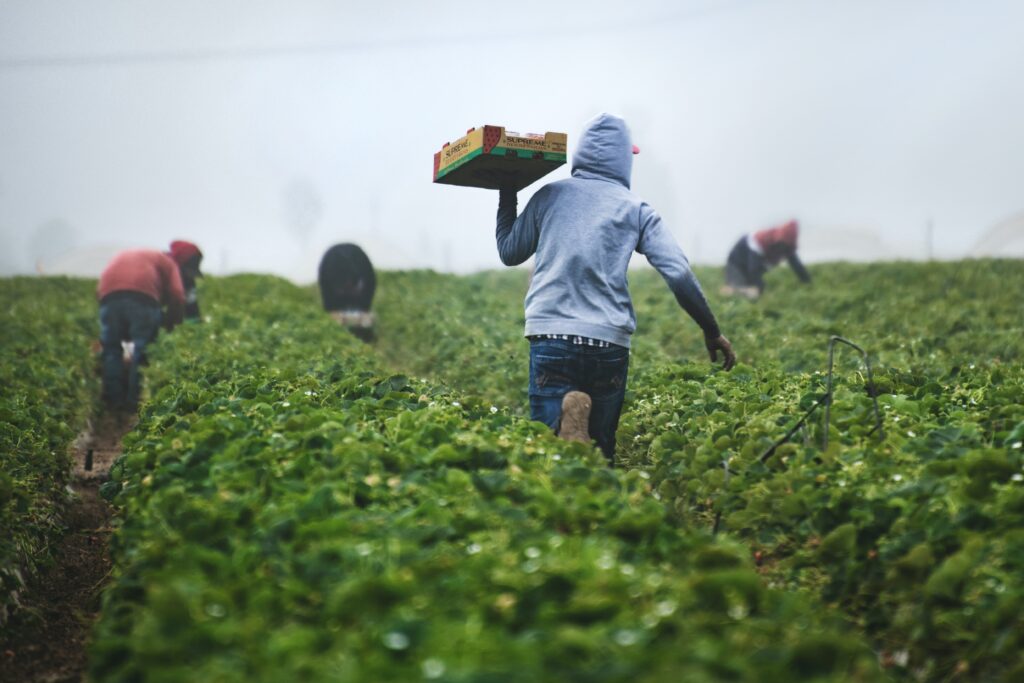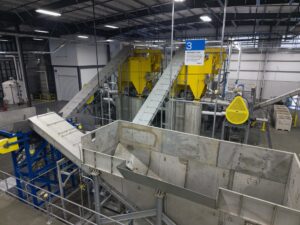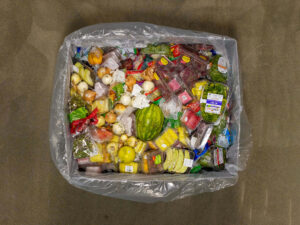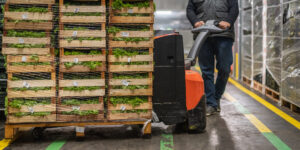April 3, 2023
Around one third of all food produced is wasted each year, according to the UN Food and Agriculture Organization. That’s a staggering statistic, and one that has generated a lot of discussion about how we consume and waste food.
As we take part in these conversations, it’s important to bear in mind that the language we use matters and has the power to guide our approach and shape our solutions.
Divert is working to erase the term “food waste” from our vocabulary. To understand why, let’s first take a look at what people mean when they talk about “food waste.”

What is Food Waste?
Food waste occurs when food reaches the point where it’s available to be consumed, but is instead thrown away. Some examples of food waste include the bruised apple that gets passed over in the store, the large restaurant portion that goes back to the kitchen, or the strawberries we forget about in our fridge.

What’s Wrong with Saying “Food Waste?”
Following groundwork laid by the EPA, Divert has been championing the term “wasted food” when talking about food waste. It’s a small but meaningful distinction between two terms that fundamentally refer to the same thing. So what’s the difference?
- When we talk about “waste,” we’re usually talking about something that has outlived its usefulness and has no value left.
- When we say that something has been “wasted,” we are acknowledging that there is some inherent value that has not been realized.
In short, when something is wasted, it represents an opportunity. And when food is “wasted,” it should be a call to action for us all: we have a responsibility to do better.
Words Matter: The Case for Wasted Food
When we talk about unsold food as “wasted food” instead of “food waste,” it opens up conversations around how to reduce what’s being wasted.
Over the past 16 years, Divert has increased the visibility of wasted food and driven a better understanding of its causes. By naming and illuminating this problem, we empower our customers to create meaningful change. To date, Divert’s programs have helped customers to donate 11 million pounds of food to the food insecure. Additionally, the value of non-donatable food is recaptured for energy generation, offsetting 900 million pounds of carbon emissions annually.
When we change the way we talk about unsold food, we change the way we see the problem. We challenge you to join us in a global conversation around wasted food and help to drive new perspectives and better solutions.
Learn More
See how Divert’s solutions are helping to win the fight against wasted food.



